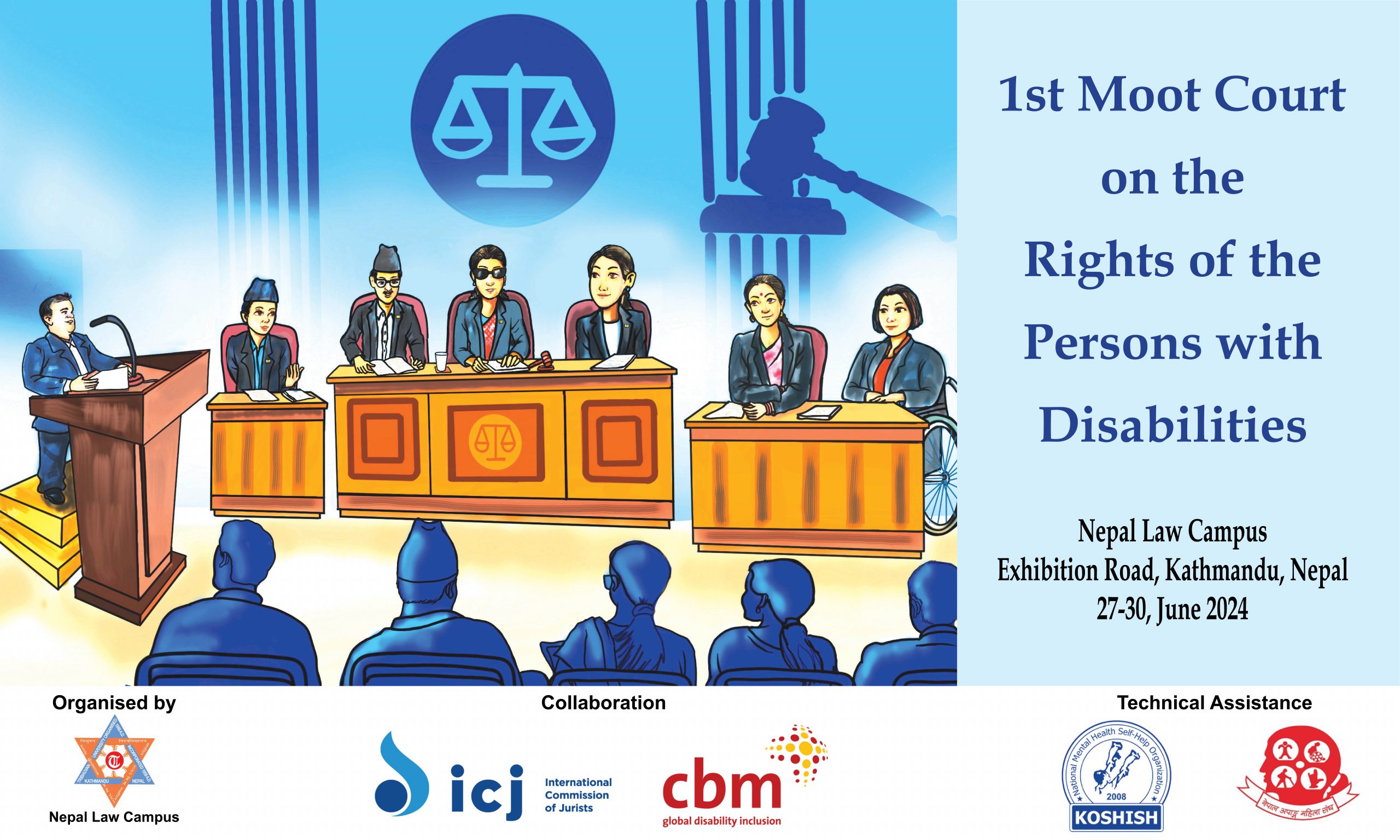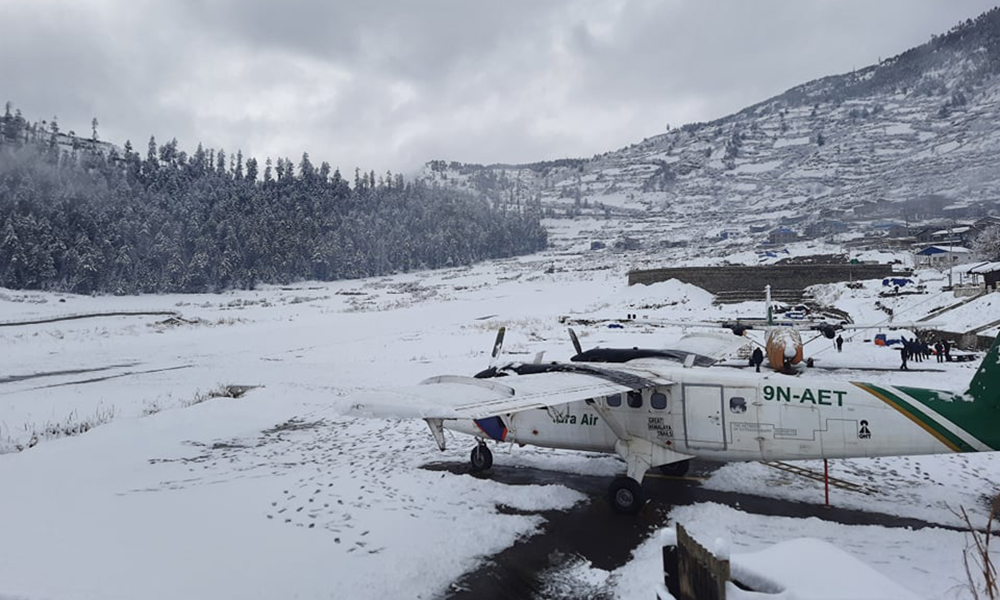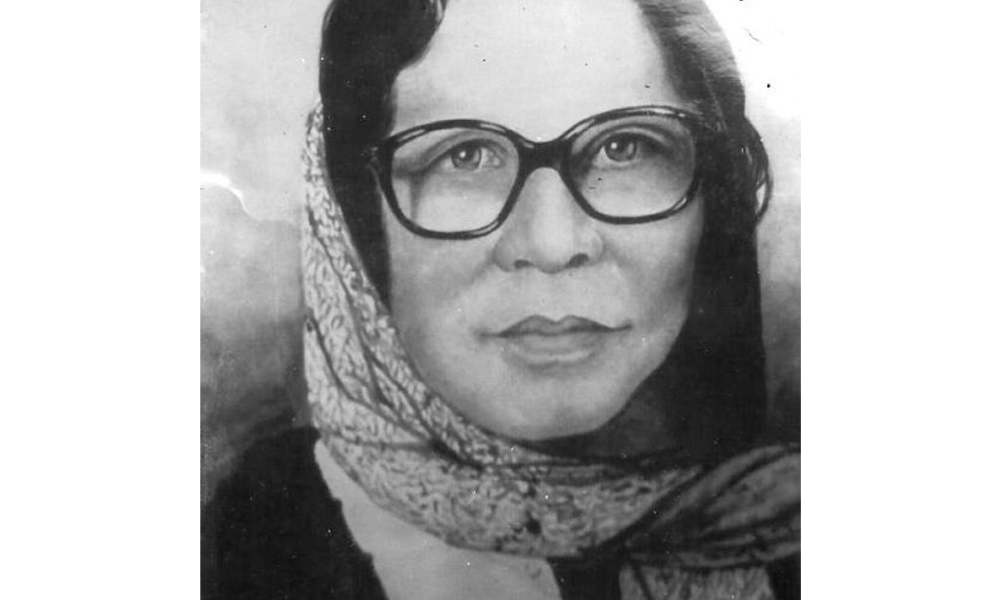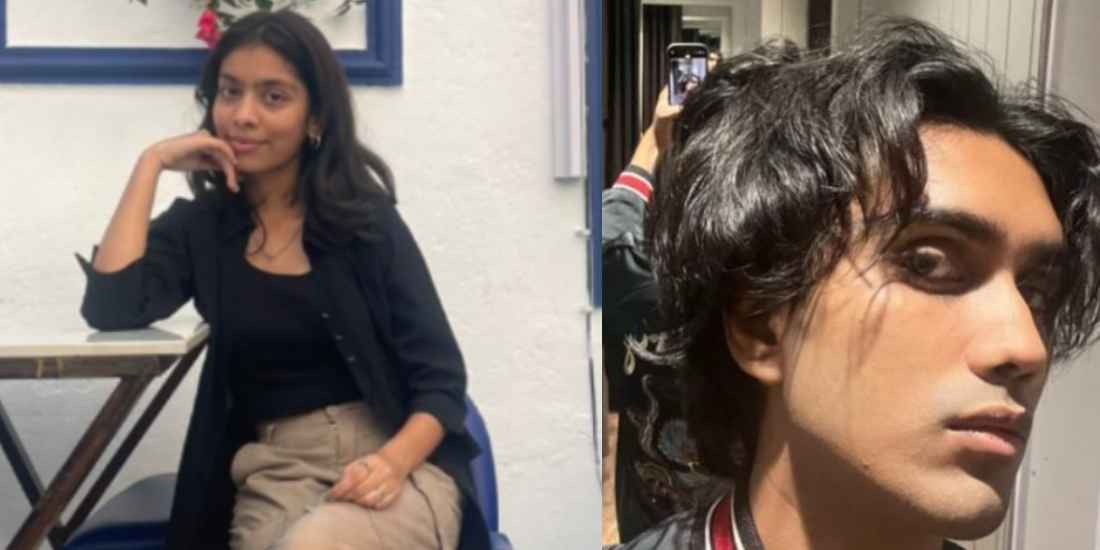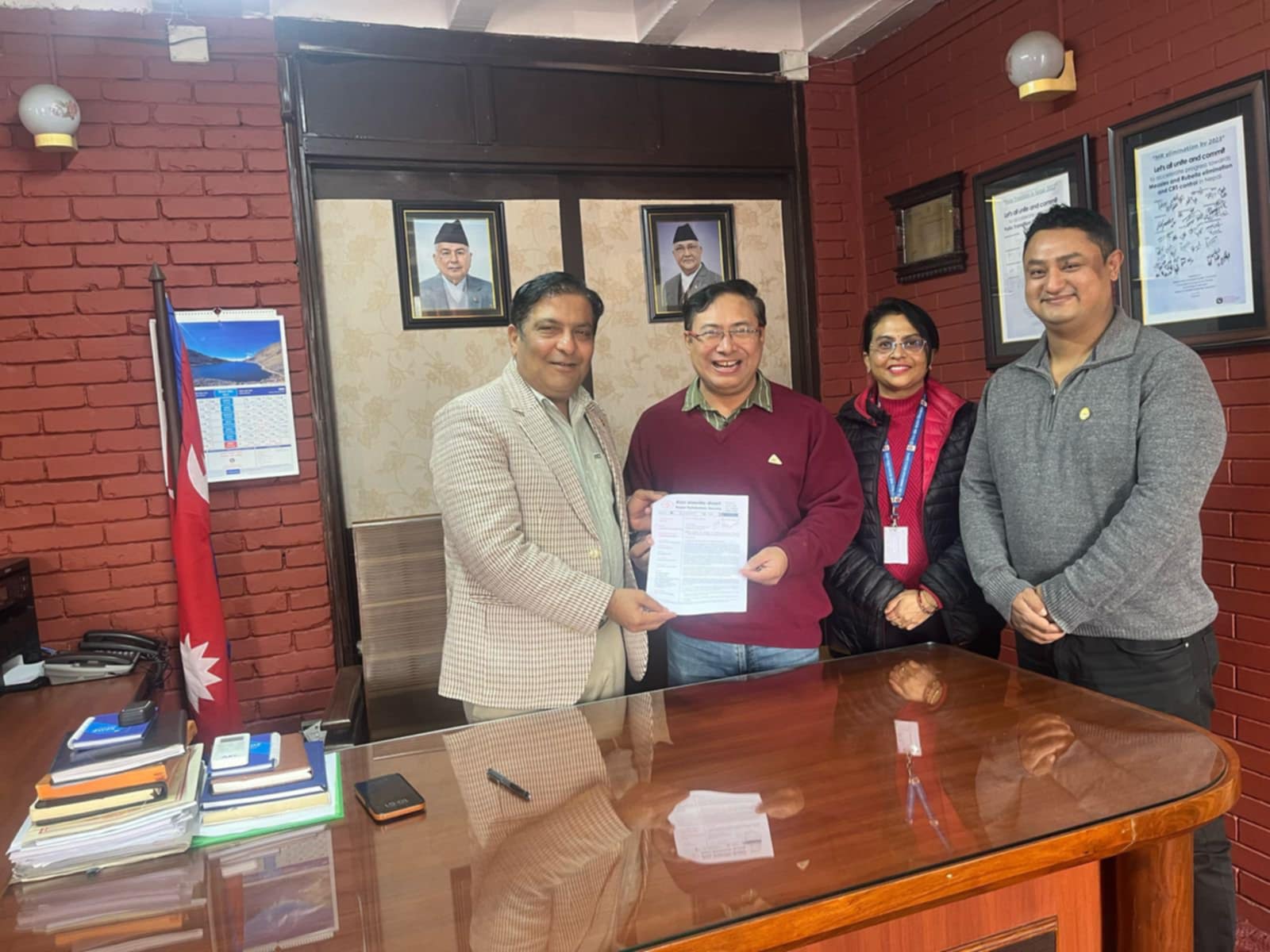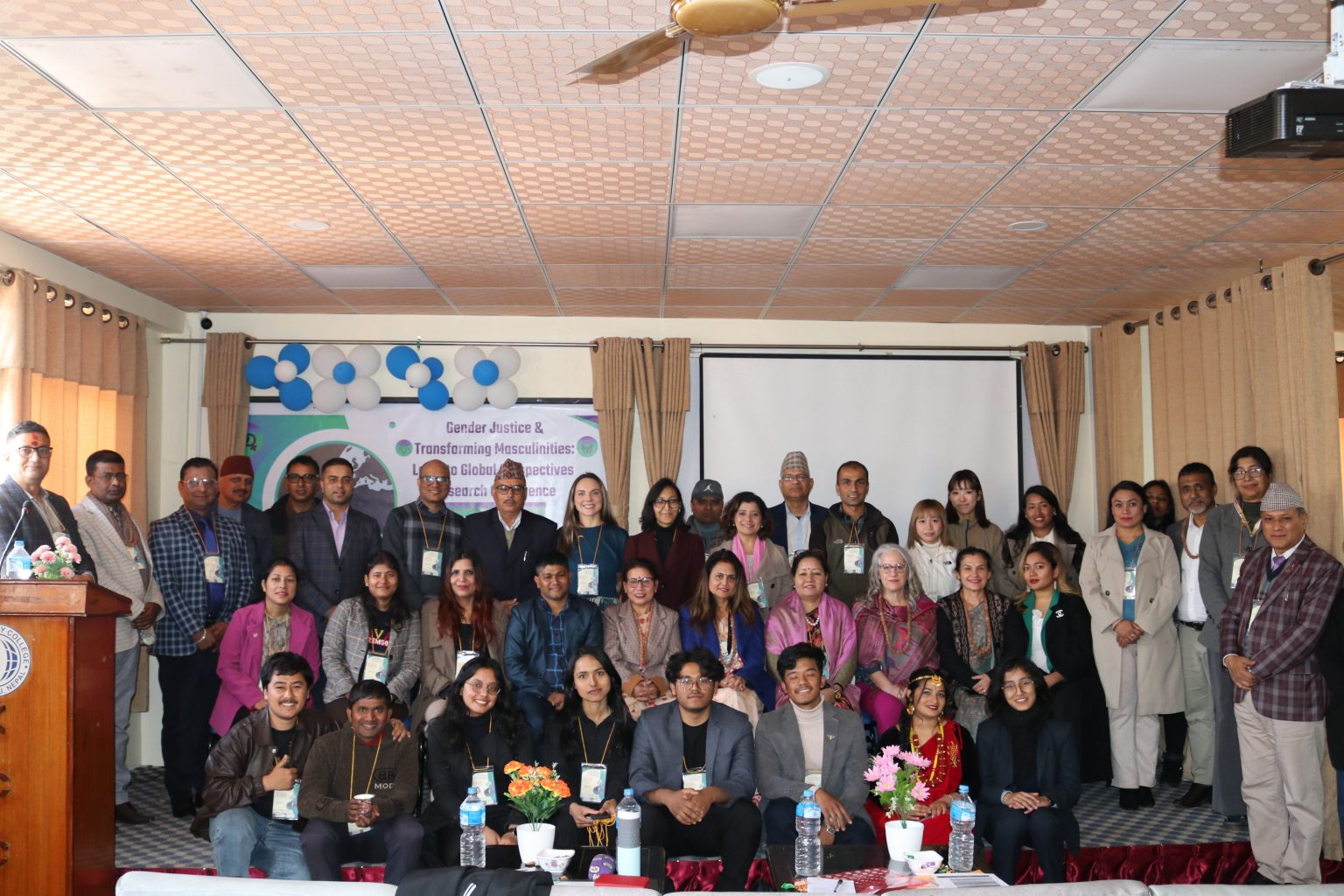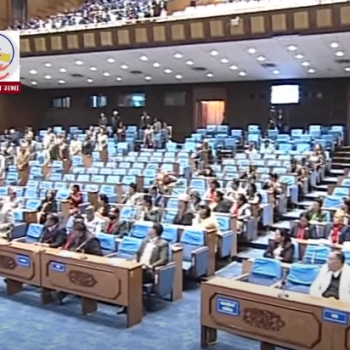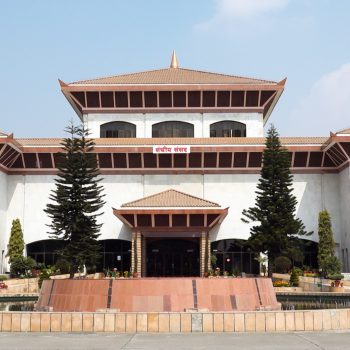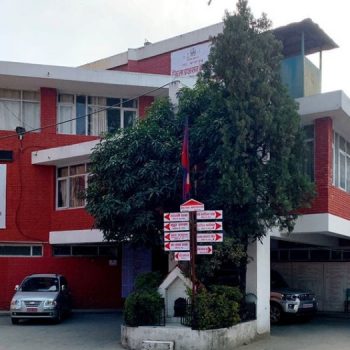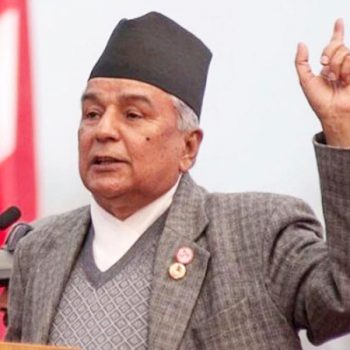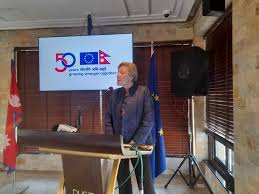First-ever moot court competition on the rights of persons with disabilities organized in Nepal
 NepalPress
NepalPress

KATHMANDU : The persons with disabilities and specially, the persons with visual impairment globally have been constantly facing problem in access to “educational printed literary materials”. World Blind Union (WBU) estimates that worldwide less than 10 percent of published books are available in accessible formats annually for the blind and visually impaired persons. Since the process of getting access to learning materials is expensive for blind and visually impaired persons, the situation has been noted as “book famine” or “knowledge famine” for the blind and visually impaired persons. While not unique to the country, a virtual “book famine” persists in Nepal, whereby the overwhelming majority of generally available books are not available in such formats to persons with disabilities who need them to be adapted to ensure their accessibility.
In this context, The International Commission of Jurists has held the first ever intra-college moot court competition on the rights of persons with disabilities in collaboration with Nepal Law Campus and CBM Global Disability Inclusion. The law students as participants gathered in Kathmandu from 27-30 June to debate legal issues concerning problems faced by the persons with print disabilities in accessing learning materials, and the international legal requirement to adapt copyright laws to make reading material available in accessible formats.
Technical assistance and support for the event were provided by Nepal Disabled Women Association and KOSHISH.
Participants were required to consider international law sources including the Convention on the Rights of Persons with Disabilities, the Marrakesh Treaty and determine whether Nepal had failed to take legislative and other measures and whether its conduct had failed to comply with international legal obligations.
Speaking during the opening of the competition, ICJ’s Legal Adviser, Karuna Parajuli noted that:
“The current copyright law regime in Nepal does not permit lawful adaptation and reproduction of published materials to allow its access for the persons with print disabilities. This is a major human rights issue and deprives persons with print disabilities of equal access to reading materials, whether for learning or leisure.”
Thirty-four teams took part in the competition, with around two hundred law student volunteers involved in organizing the event. Some 49 legal professionals participated as judges, including lawyers with disabilities, law professors, government attorneys, litigating lawyers, judges from Administrative Court and the High Court and a justice from the Supreme Court.
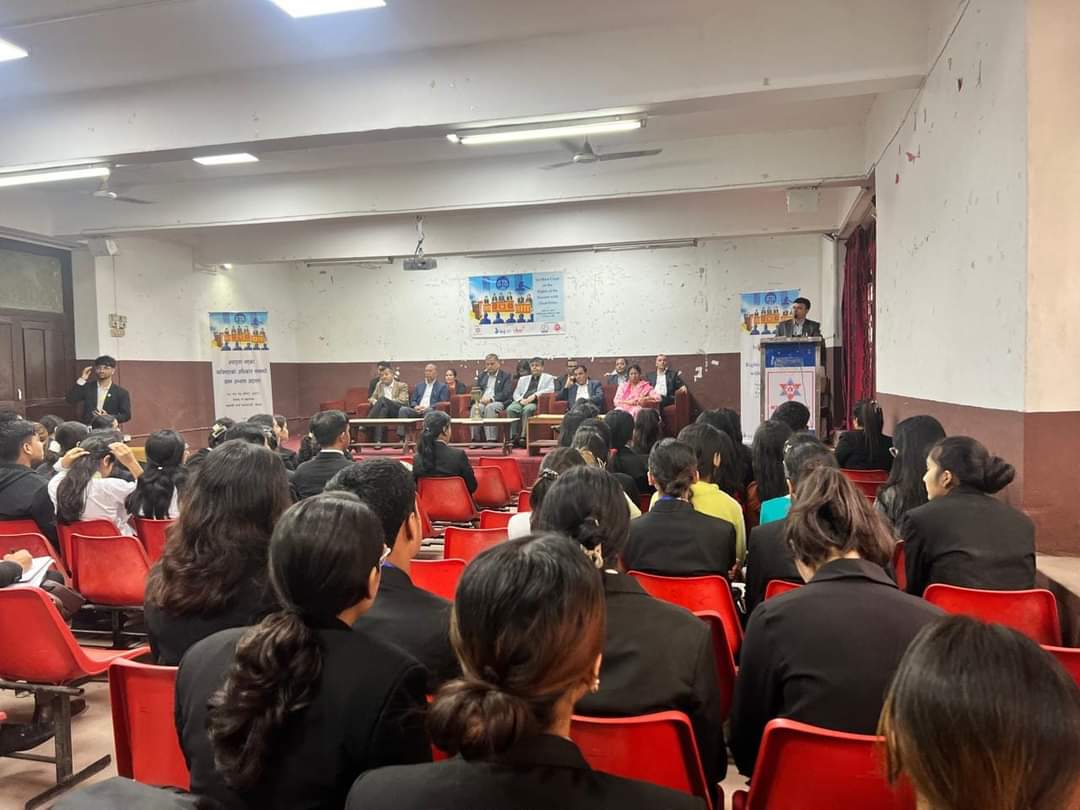
Competitors in the moot court competition debated issues concerning common problems faced by persons with print disabilities. These include the lack of audio books or braille-based learning materials and the unavailability of accessible format of literary works.
Addressing the participants, Justice Hari Prasad Phuyal of the Supreme Court of Nepal welcomed the moot court initiative:
“By raising the problem on accessing the learning materials for visually impaired people, the moot court competition has succeeded to sensitize law students not only on the human rights approach to disabilities, but advocacy needs to pressurise the government in ratification and implementation of the Marrakesh VIP treaty.”
Similarly, CBM Global Disability Inclusion Adviser, Bimal Paudel mentioned, “CBM is committed to advocating for the accessibility and inclusion of the persons with disabilities. The moot court competition can be an effective medium to raise awareness on disability rights. The law students have enthusiastically raised international obligation of Nepal government to ratify Marrakesh treaty and implement it in support of inclusive education of the persons with disabilities”.
Congratulating the students for their performance, Associate Professor at Nepal Law Campus, Sanad Devkota stressed the need to continue such Moot Court competition that can equip students on the international law and standards on disabilities rights and develop their advocacy skills.
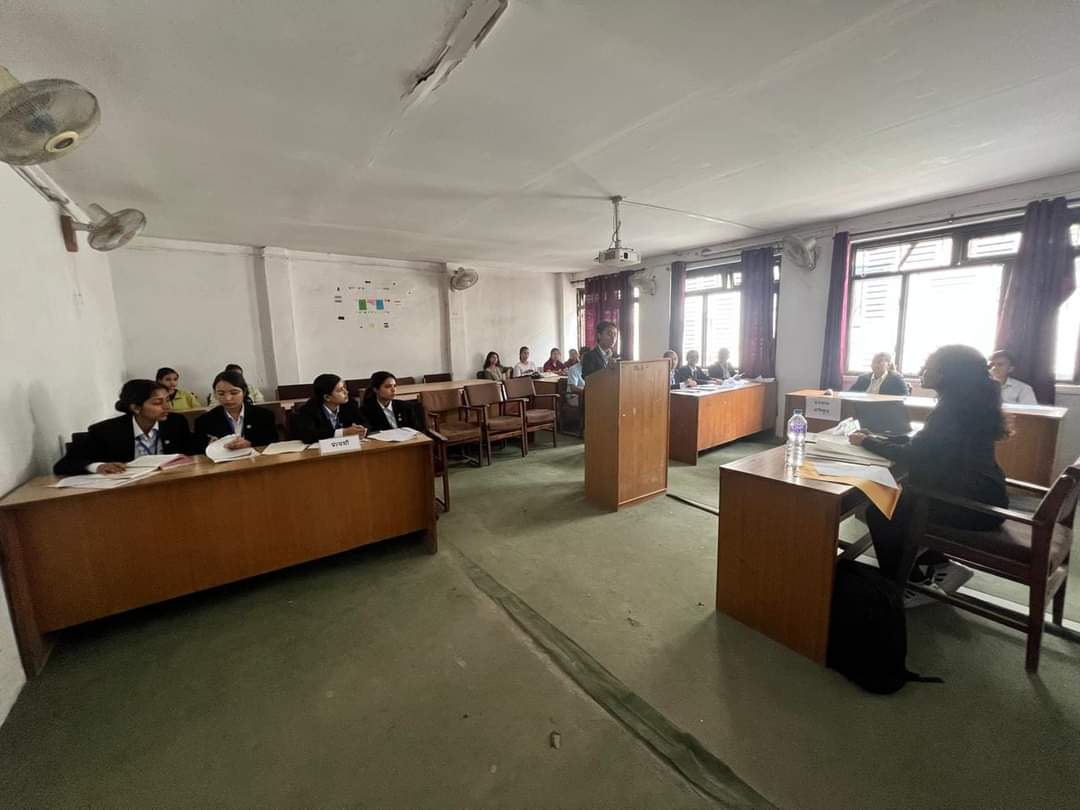
In 2018, the UN Committee on the Rights of Persons with Disabilities, recommended to the government of Nepal that it “take all appropriate measures as soon as possible to ratify and implement” the Marrakesh Treaty to Facilitate Access to Published Works for Persons who are Blind. Nepal has signed, but not yet ratified the Marrakesh Treaty, which is required to bring it into legal force in the country.
The Marrakesh Treaty to Facilitate Access to Published Works for Persons Who Are Blind, Visually Impaired, or Otherwise Print Disabled provides an international legal framework to allow the creation, distribution, and cross-border exchange of works in accessible formats such as braille, audio, e-books or large print for print disabilities. Nepal signed the Marrakesh Treaty on 28 June 2013, but has yet to ratify it and implement its provisions. The current Copyright Act, 2002(2059) of Nepal is not clear as to any requirement to allow the creation and distribution of accessible format copies specially for the person with print disabilities. In 2017, the government formulated the National Intellectual Property Policy. The policy fails to address concerns relating to copyright of the learning materials in line with the Marrakesh Treaty.
Additionally, Nepal is a party to the UN Convention on the Rights of Persons with Disabilities (CRPD) and has international obligation to ensure right to education that includes access to learning materials for the persons with disabilities. This obligation is largely reflected in article 31 of Nepal’s Constitution, which guarantees right to education. Article 31 (4) provides that “visually impaired citizens shall have the right to get free education through braille script …in accordance with law”. The Act Relating to the Persons with Disabilities, 2019 (2076) aimed at incorporating the CRPD into law, further provides that the right to access learning materials is an important component under the right to education of the persons with disabilities.
